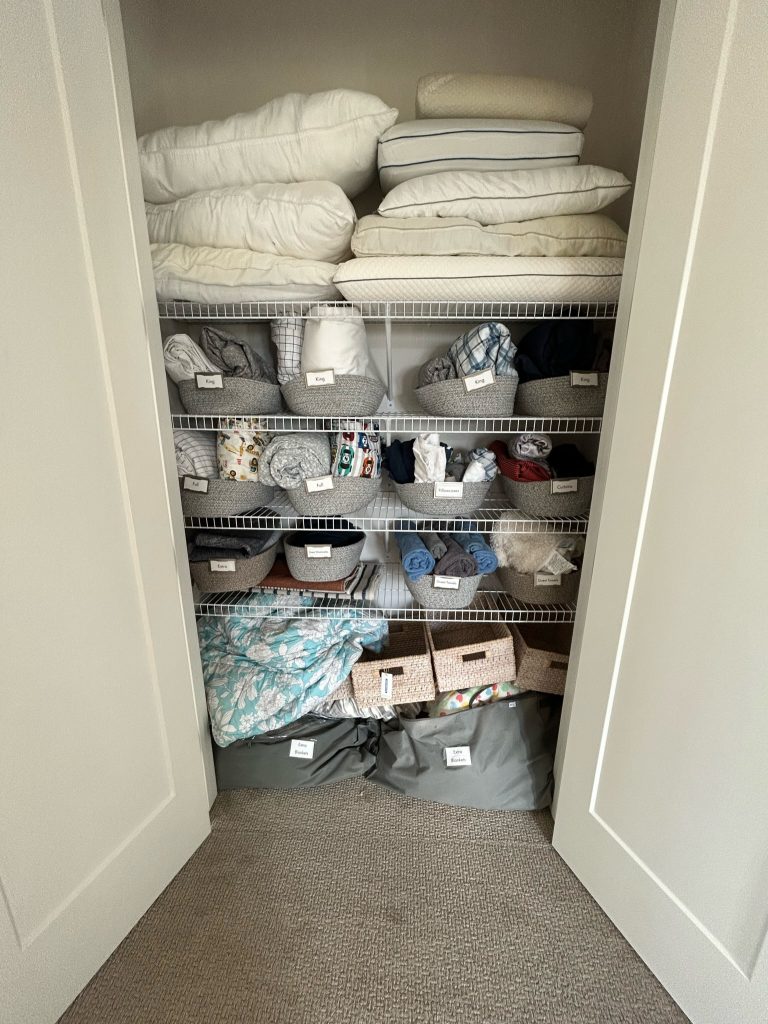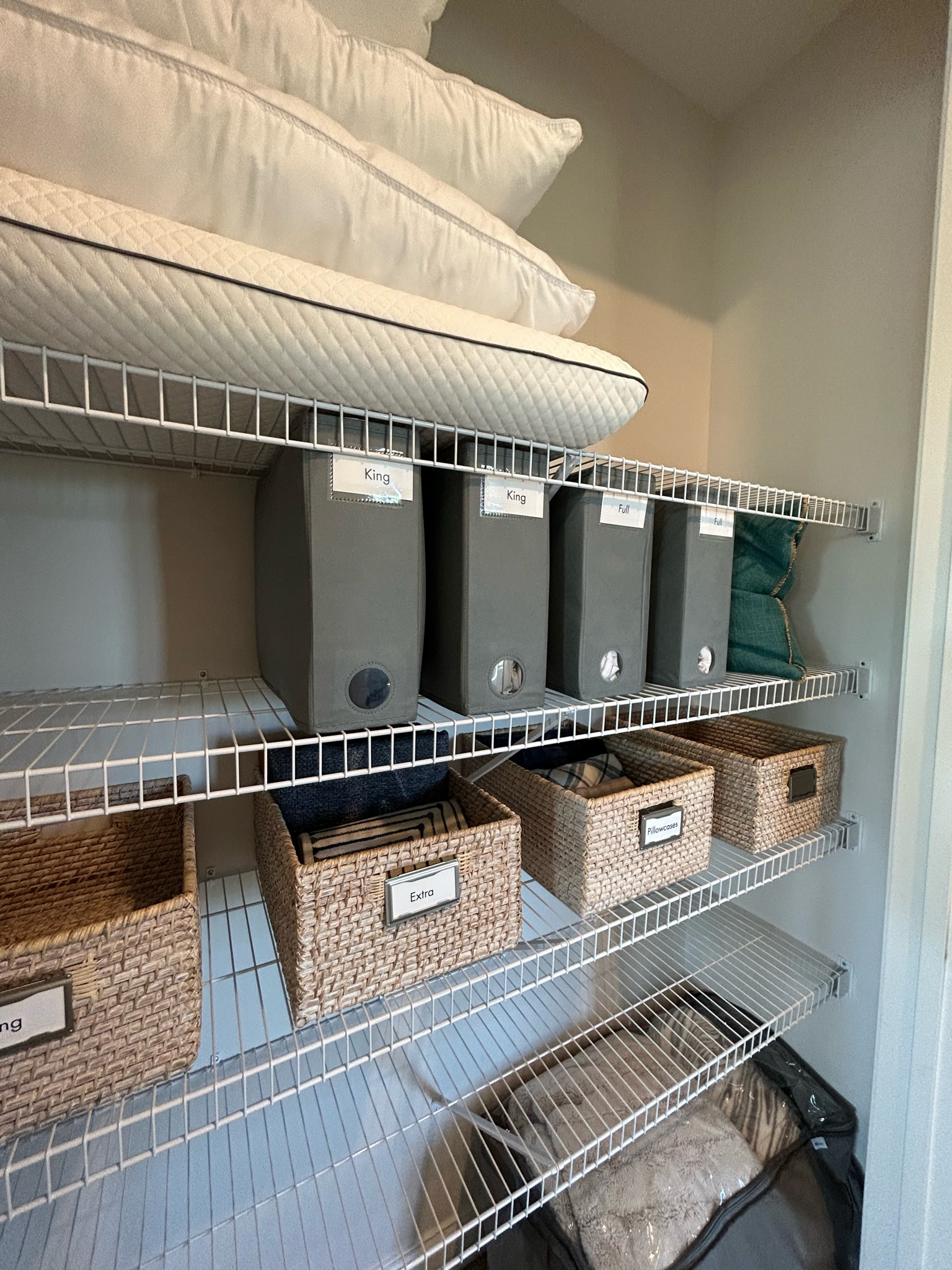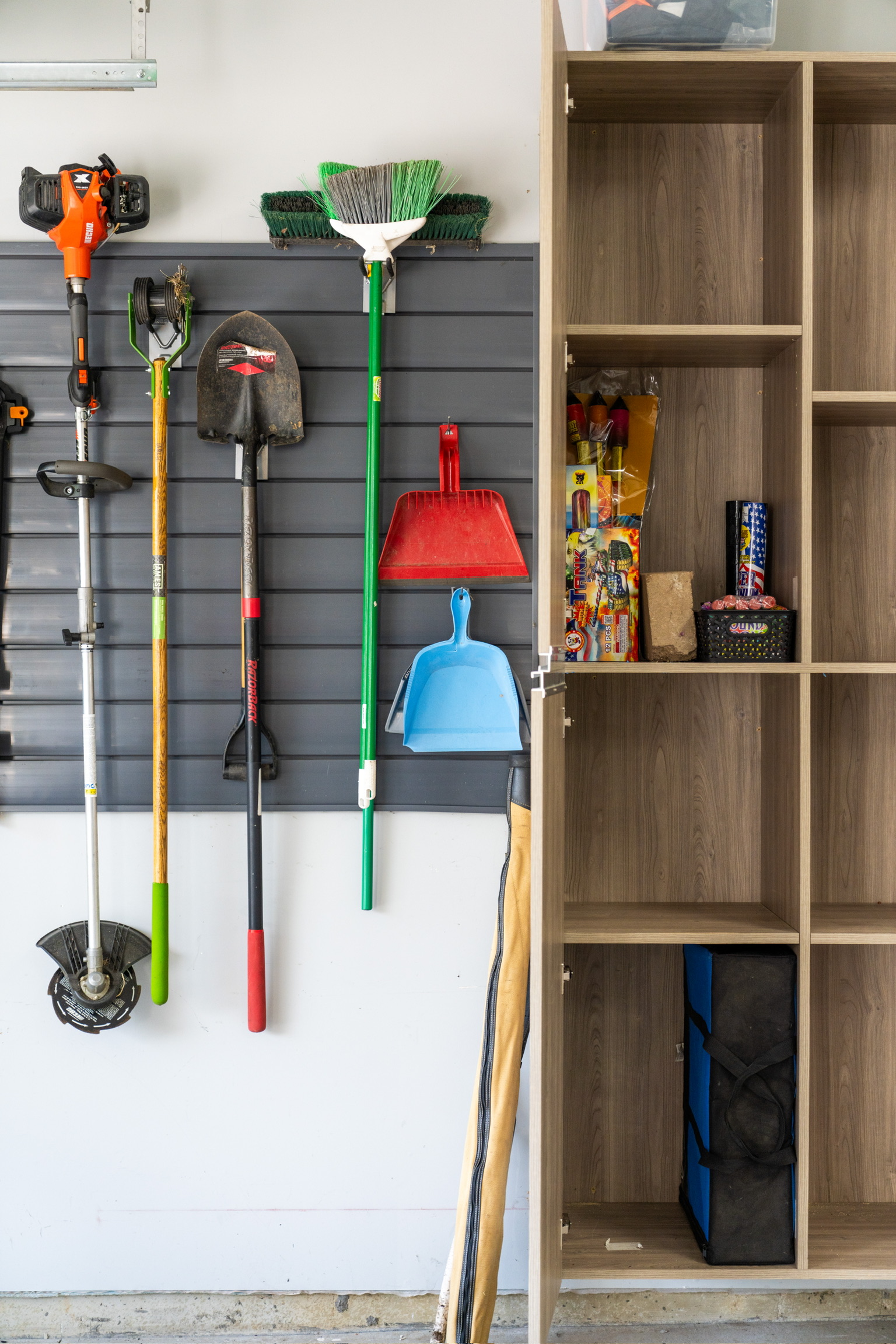By Jackie Leffner
Organizing your home can be a daunting task, especially when deciding what to do with items you no longer need. Should you donate, recycle, or throw them out? Here is a guide to help you make those decisions:
Assess the Condition
The first step is to assess the condition of each item. Ask yourself:
- Is it in good, usable condition?
- Is it broken or damaged beyond repair?
- Is it safe to use?
Consider the Usefulness
Think about whether the item is still useful to you or someone else. If it is something you have not used in the past year, it might be time to let it go.
Check for Sentimental Value
Some items hold sentimental value and are worth keeping. However, be mindful of keeping too many sentimental items, as they can contribute to clutter.
Research Local Donation Options
If the item is in good condition and can be used by someone else, consider donating it. Research local charities, shelters, and thrift stores that accept donations. Common items to donate include:
- Clothing and shoes
- Household goods
- Furniture
- Books and toys
- Electronics (if in working condition)
Understand Recycling Guidelines
For items that are no longer usable but can be recycled, check your local recycling guidelines. Many communities have specific rules for recycling different materials. Common recyclable items include:
- Paper and cardboard
- Glass bottles and jars
- Plastic containers
- Metal cans
- Electronics (through e-waste recycling programs)
Identify Hazardous Materials
Some items, such as batteries, paint, and chemicals, are considered hazardous waste and should not be thrown in the regular trash. Look for local hazardous waste disposal programs to safely dispose of these items.
Consider Upcycling
Before throwing something out, think about whether it can be upcycled or repurposed. Upcycling involves creatively reusing items to give them a new life. For example, old furniture can be refurbished, and glass jars can be used for storage.
Dispose of Non-Recyclable Items Responsibly
If an item cannot be donated, recycled, or upcycled, it may need to be thrown out. Ensure you dispose of it responsibly, following your local waste disposal guidelines.
Create a Sorting System
Set up a sorting system with designated bins or boxes for items to donate, recycle, and throw out. This makes the process more organized and efficient.

Stay Informed
Stay informed about local donation, recycling, and disposal programs. Many communities offer resources and events to help residents dispose of items responsibly.
Bonus Tips:
- Host a Garage Sale: If you have a lot of items in good condition, you could consider hosting a garage sale. This can be a fun way to declutter and make some extra money along the way.
- Use Online Marketplaces: Sell or give away items through online marketplaces like Craigslist, Facebook Marketplace, or Freecycle.
- Get the Family Involved: Involve your family in the decision-making process. This can make the task more manageable and ensure everyone is on board with the decluttering efforts.
By following these guidelines, you can make informed decisions about what to donate, recycle, or throw out, helping you create a more organized and clutter-free home.
Do you have any specific items you are unsure about how to manage? Schedule your free consultation today!







